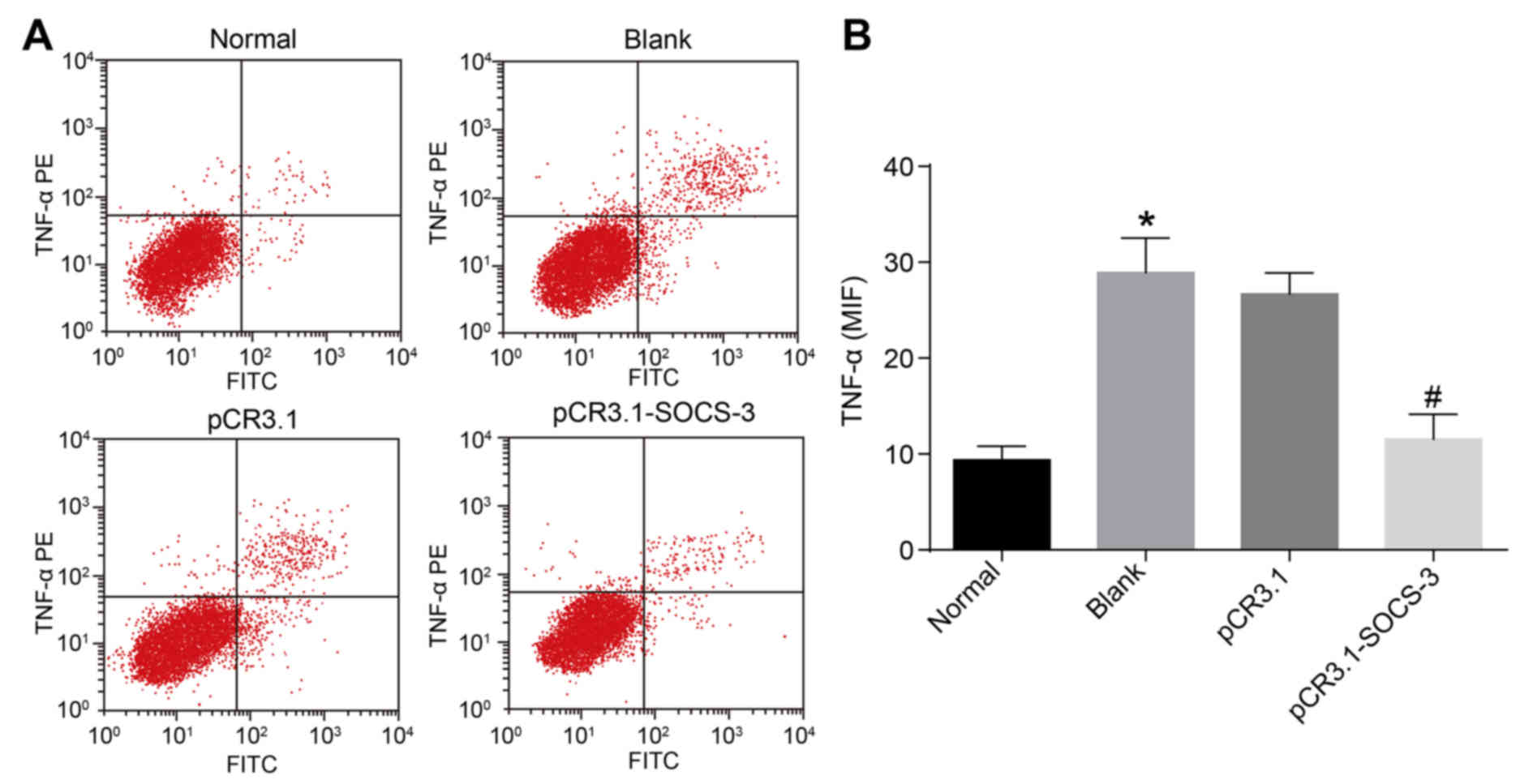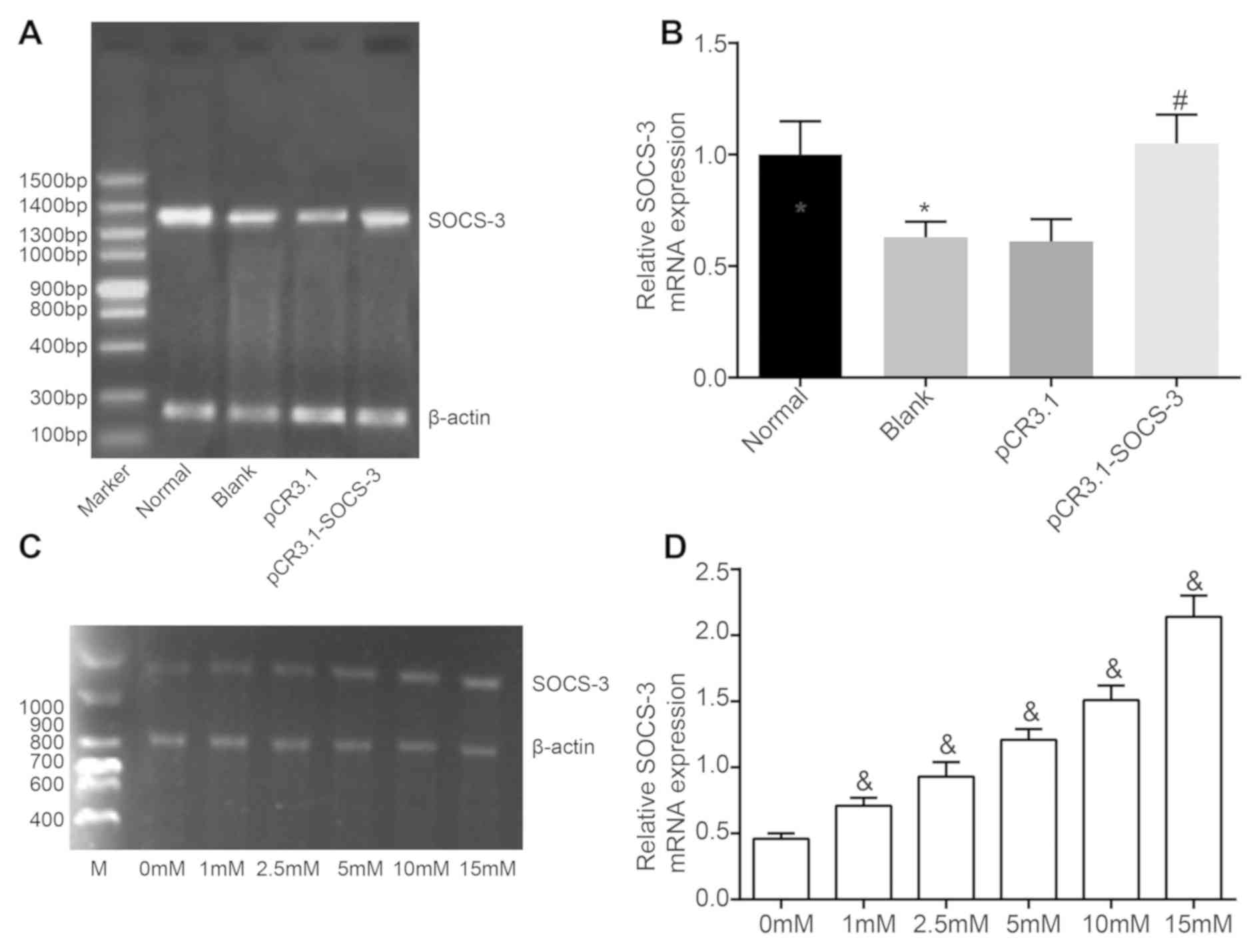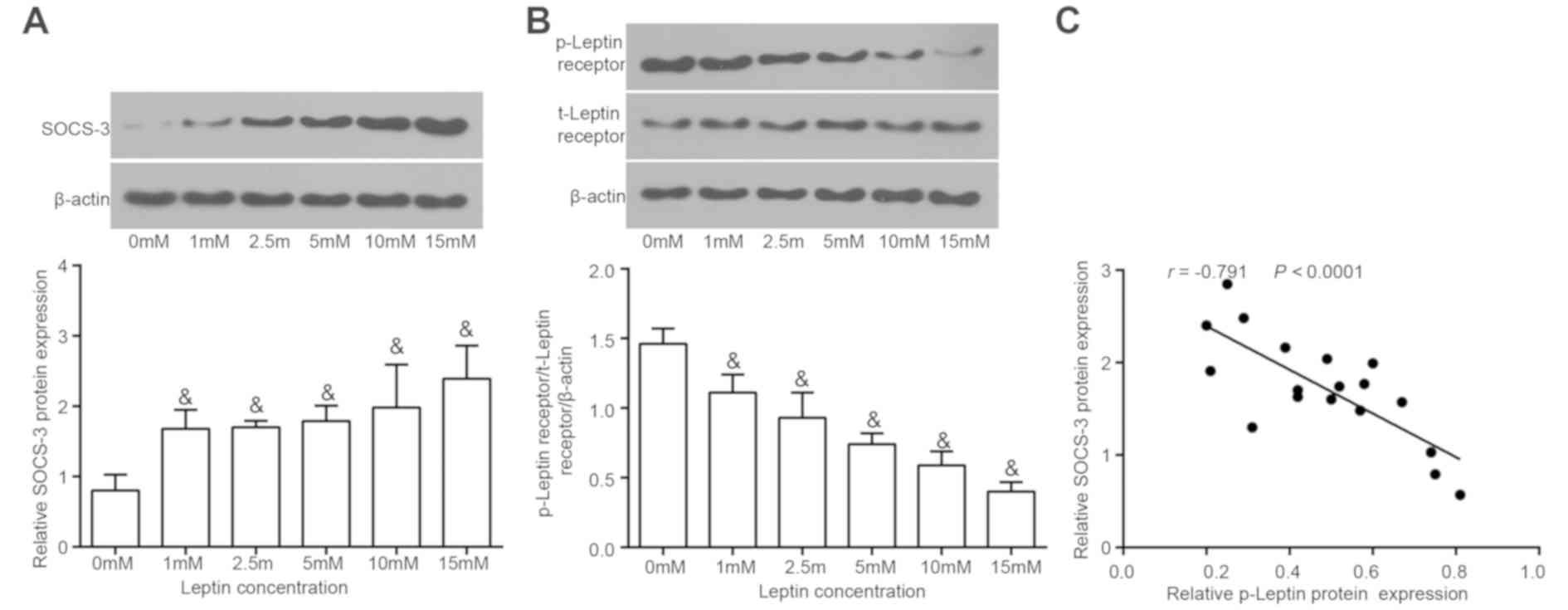|
1
|
Brinjikji W, Luetmer PH, Comstock B,
Bresnahan BW, Chen LE, Deyo RA, Halabi S, Turner JA, Avins AL,
James K, et al: Systematic literature review of imaging features of
spinal degeneration in asymptomatic populations. AJNR Am J
Neuroradiol. 36:811–816. 2015. View Article : Google Scholar : PubMed/NCBI
|
|
2
|
Matsumoto M, Okada E, Ichihara D, Watanabe
K, Chiba K, Toyama Y, Fujiwara H, Momoshima S, Nishiwaki Y,
Hashimoto T, et al: Age-related changes of thoracic and cervical
intervertebral discs in asymptomatic subjects. Spine (Phila Pa
1976). 35:1359–1364. 2010. View Article : Google Scholar : PubMed/NCBI
|
|
3
|
Lao LF, Zhong GB, Li QY and Liu ZD:
Kinetic magnetic resonance imaging analysis of spinal degeneration:
A systematic review. Orthop Surg. 6:294–299. 2014. View Article : Google Scholar : PubMed/NCBI
|
|
4
|
Goel A: Facet distraction spacers for
treatment of degenerative disease of the spine: Rationale and an
alternative hypothesis of spinal degeneration. J Craniovertebr
Junction Spine. 1:65–66. 2010. View Article : Google Scholar : PubMed/NCBI
|
|
5
|
Hey HW and Hee HT: Lumbar degenerative
spinal deformity: Surgical options of PLIF, TLIF and MI-TLIF.
Indian J Orthop. 44:159–162. 2010. View Article : Google Scholar : PubMed/NCBI
|
|
6
|
Takatalo J, Karppinen J, Näyhä S, Taimela
S, Niinimäki J, Blanco Sequeiros R, Tammelin T, Auvinen J and
Tervonen O: Association between adolescent sport activities and
lumbar disk degeneration among young adults. Scand J Med Sci
Sports. 27:1993–2001. 2017. View Article : Google Scholar : PubMed/NCBI
|
|
7
|
Wang H, Cheng J, Xiao H, Li C and Zhou Y:
Adolescent lumbar disc herniation: Experience from a large
minimally invasive treatment centre for lumbar degenerative disease
in Chongqing, China. Clin Neurol Neurosurg. 115:1415–1419. 2013.
View Article : Google Scholar : PubMed/NCBI
|
|
8
|
Daniels DJ, Luo TD, Puffer R, McIntosh AL,
Larson AN, Wetjen NM and Clarke MJ: Degenerative changes in
adolescent spines: A comparison of motocross racers and age-matched
controls. J Neurosurg Pediatr. 15:266–271. 2015. View Article : Google Scholar : PubMed/NCBI
|
|
9
|
Omair A, Holden M, Lie BA, Reikeras O and
Brox JI: Treatment outcome of chronic low back pain and
radiographic lumbar disc degeneration are associated with
inflammatory and matrix degrading gene variants: A prospective
genetic association study. BMC Musculoskelet Disord. 14:1052013.
View Article : Google Scholar : PubMed/NCBI
|
|
10
|
Ren Y and Young W: Managing inflammation
after spinal cord injury through manipulation of macrophage
function. Neural Plast. 2013:9450342013. View Article : Google Scholar : PubMed/NCBI
|
|
11
|
Carow B and Rottenberg ME: SOCS3, a Major
regulator of infection and inflammation. Front Immunol. 5:582014.
View Article : Google Scholar : PubMed/NCBI
|
|
12
|
Park KW, Lin CY and Lee YS: Expression of
suppressor of cytokine signaling-3 (SOCS3) and its role in neuronal
death after complete spinal cord injury. Exp Neurol. 261:65–75.
2014. View Article : Google Scholar : PubMed/NCBI
|
|
13
|
Park KW, Lin CY, Li K and Lee YS: Effects
of reducing suppressors of cytokine signaling-3 (SOCS3) expression
on dendritic outgrowth and demyelination after spinal cord injury.
PLoS One. 10:e01383012015. View Article : Google Scholar : PubMed/NCBI
|
|
14
|
Osuka K, Usuda N, Aoyama M, Yamahata H,
Takeuchi M, Yasuda M and Takayasu M: Expression of the
JAK/STAT3/SOCS3 signaling pathway in herniated lumbar discs.
Neurosci Lett. 569:55–58. 2014. View Article : Google Scholar : PubMed/NCBI
|
|
15
|
Gui T, He BS, Gan Q and Yang C: Enhanced
SOCS3 in osteoarthiritis may limit both proliferation and
inflammation. Biotech Histochem. 92:107–114. 2017. View Article : Google Scholar : PubMed/NCBI
|
|
16
|
Dreier R: Hypertrophic differentiation of
chondrocytes in osteoarthritis: The developmental aspect of
degenerative joint disorders. Arthritis Res Ther. 12:2162010.
View Article : Google Scholar : PubMed/NCBI
|
|
17
|
Babon JJ and Nicola NA: The biology and
mechanism of action of suppressor of cytokine signaling 3. Growth
Factors. 30:207–219. 2012. View Article : Google Scholar : PubMed/NCBI
|
|
18
|
Lubis AR, Widia F, Soegondo S and
Setiawati A: The role of SOCS-3 protein in leptin resistance and
obesity. Acta Med Indones. 40:89–95. 2008.PubMed/NCBI
|
|
19
|
Garner M, Alshameeri Z and Khanduja V:
Osteoarthritis: Genes, nature-nurture interaction and the role of
leptin. Int Orthop. 37:2499–2505. 2013. View Article : Google Scholar : PubMed/NCBI
|
|
20
|
Vuolteenaho K, Koskinen A and Moilanen E:
Leptin-a link between obesity and osteoarthritis. Applications for
prevention and treatment. Basic Clin Pharmacol Toxicol.
114:103–108. 2014. View Article : Google Scholar : PubMed/NCBI
|
|
21
|
Mutabaruka MS, Aoulad Aissa M, Delalandre
A, Lavigne M and Lajeunesse D: Local leptin production in
osteoarthritis subchondral osteoblasts may be responsible for their
abnormal phenotypic expression. Arthritis Res Ther. 12:R202010.
View Article : Google Scholar : PubMed/NCBI
|
|
22
|
Johnson ZI, Schoepflin ZR, Choi H, Shapiro
IM and Risbud MV: Disc in flames: Roles of TNF-alpha and IL-1β in
intervertebral disc degeneration. Eur Cell Mater. 30:104–116. 2015.
View Article : Google Scholar : PubMed/NCBI
|
|
23
|
Collins AS, Ahmed S, Napoletano S,
Schroeder M, Johnston JA, Hegarty JE, O'Farrelly C and Stevenson
NJ: Hepatitis C virus (HCV)-induced suppressor of cytokine
signaling (SOCS) 3 regulates proinflammatory TNF-α responses. J
Leukoc Biol. 96:255–263. 2014. View Article : Google Scholar : PubMed/NCBI
|
|
24
|
Poiraudeau S, Monteiro I, Anract P,
Blanchard O, Revel M and Corvol MT: Phenotypic characteristics of
rabbit intervertebral disc cells. Comparison with cartilage cells
from the same animals. Spine (Phila Pa 1976). 24:837–844. 1999.
View Article : Google Scholar : PubMed/NCBI
|
|
25
|
Chelberg MK, Banks GM, Geiger DF and
Oegema TR Jr: Identification of heterogeneous cell populations in
normal human intervertebral disc. J Anat. 186:43–53.
1995.PubMed/NCBI
|
|
26
|
Livak KJ and Schmittgen TD: Analysis of
relative gene expression data using real-time quantitative PCR and
the 2(-Delta Delta C(T)) method. Methods. 25:402–408. 2001.
View Article : Google Scholar : PubMed/NCBI
|
|
27
|
Yu J, Ryan DG, Getsios S,
Oliveira-Fernandes M, Fatima A and Lavker RM: MicroRNA-184
antagonizes microRNA-205 to maintain SHIP2 levels in epithelia.
Proc Natl Acad Sci USA. 105:19300–19305. 2008. View Article : Google Scholar : PubMed/NCBI
|
|
28
|
Yu J, Peng H, Ruan Q, Fatima A, Getsios S
and Lavker RM: MicroRNA-205 promotes keratinocyte migration via the
lipid phosphatase SHIP2. FASEB J. 24:3950–3959. 2010. View Article : Google Scholar : PubMed/NCBI
|
|
29
|
Kumar R, Kumar V, Das NK, Behari S and
Mahapatra AK: Adolescent lumbar disc disease: Findings and outcome.
Childs Nerv Syst. 23:1295–1299. 2007. View Article : Google Scholar : PubMed/NCBI
|
|
30
|
Lindemann C, Hackmann O, Delic S, Schmidt
N, Reifenberger G and Riemenschneider MJ: SOCS3 promoter
methylation is mutually exclusive to EGFR amplification in gliomas
and promotes glioma cell invasion through STAT3 and FAK activation.
Acta Neuropathol. 122:241–251. 2011. View Article : Google Scholar : PubMed/NCBI
|
|
31
|
Kershaw NJ, Murphy JM, Liau NP, Varghese
LN, Laktyushin A, Whitlock EL, Lucet IS, Nicola NA and Babon JJ:
SOCS3 binds specific receptor-JAK complexes to control cytokine
signaling by direct kinase inhibition. Nat Struct Mol Biol.
20:469–476. 2013. View Article : Google Scholar : PubMed/NCBI
|
|
32
|
Dai Z, Lu L, Yang Z, Mao Y, Lu J, Li C, Qi
W, Chen Y, Yao Y, Li L, et al: Kallikrein-binding protein inhibits
LPS-induced TNF-α by upregulating SOCS3 expression. J Cell Biochem.
114:1020–1028. 2013. View Article : Google Scholar : PubMed/NCBI
|
|
33
|
Collino M, Benetti E, Miglio G, Castiglia
S, Rosa AC, Aragno M, Thiemermann C and Fantozzi R: Peroxisome
proliferator-activated receptor β/δ agonism protects the kidney
against ischemia/reperfusion injury in diabetic rats. Free Radic
Biol Med. 50:345–353. 2011. View Article : Google Scholar : PubMed/NCBI
|
|
34
|
Ohtori S, Inoue G, Eguchi Y, Orita S,
Takaso M, Ochiai N, Kishida S, Kuniyoshi K, Aoki Y, Nakamura J, et
al: Tumor necrosis factor-α-immunoreactive cells in nucleus
pulposus in adolescent patients with lumbar disc herniation. Spine
(Phila Pa 1976). 38:459–462. 2013. View Article : Google Scholar : PubMed/NCBI
|
|
35
|
Kang R, Li H, Rickers K, Ringgaard S, Xie
L and Bünger C: Intervertebral disc degenerative changes after
intradiscal injection of TNF-α in a porcine model. Eur Spine J.
24:2010–2016. 2015. View Article : Google Scholar : PubMed/NCBI
|
|
36
|
Wang L, Tang X, Zhang H, Yuan J, Ding H
and Wei Y: Elevated leptin expression in rat model of traumatic
spinal cord injury and femoral fracture. J Spinal Cord Med.
34:501–509. 2011. View Article : Google Scholar : PubMed/NCBI
|
|
37
|
Vuolteenaho K, Koskinen A, Moilanen T and
Moilanen E: Leptin levels are increased and its negative
regulators, SOCS-3 and sOb-R are decreased in obese patients with
osteoarthritis: A link between obesity and osteoarthritis. Ann
Rheum Dis. 71:1912–1913. 2012. View Article : Google Scholar : PubMed/NCBI
|
|
38
|
Yang Z, Hulver M, McMillan RP, Cai L,
Kershaw EE, Yu L, Xue B and Shi H: Regulation of insulin and leptin
signaling by muscle suppressor of cytokine signaling 3 (SOCS3).
PLoS One. 7:e474932012. View Article : Google Scholar : PubMed/NCBI
|
|
39
|
Teran-Cabanillas E and Hernandez J: Role
of Leptin and SOCS3 in inhibiting the type I interferon response
during obesity. Inflammation. 40:58–67. 2017. View Article : Google Scholar : PubMed/NCBI
|


















